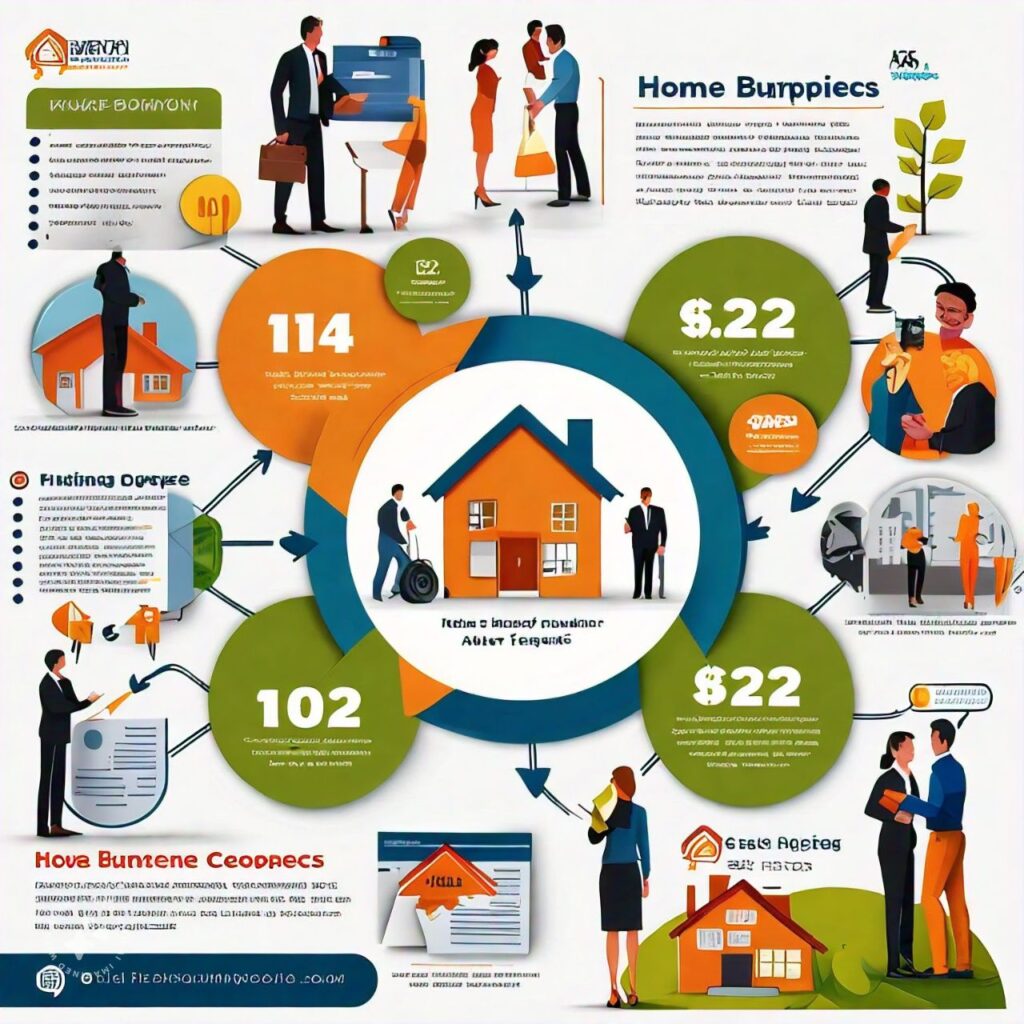Unlocking the Door: When is the Best Time to Buy Your Dream Home?
Buying a home is a significant milestone in life—one that carries both emotional weight and financial implications. For many, owning a dream home represents stability, investment, and a sanctuary. However, timing can significantly impact the buying process. So, when is the best time to buy your dream home? Let’s delve into several factors that can help you unlock the door to your ideal residence. Seasonal Trends in Real Estate One of the first considerations in your home-buying journey is the seasonal real estate market. Traditionally, the housing market experiences fluctuations throughout the year. Spring and Summer: Peak Season The spring and summer months are typically considered the prime buying season. Families prefer to move during this time to settle into a new home before the school year begins. Increased inventory often leads to a wider selection of homes, making this an attractive time for buyers. However, this peak season comes with competitive bidding wars, often resulting in higher home prices. Buyers in this period need to be prepared for the possibility of paying above asking price and should be ready to move quickly when they find a property they love. Fall and Winter: Buyer’s Market Conversely, the fall and winter months can provide opportunities for savvy buyers. As the buying frenzy winds down, sellers who didn’t move their properties may become more motivated to negotiate. Additionally, winter can bring fewer buyers into the market, which can translate to more favorable prices and terms for those willing to brave the colder weather. While inventory may be lower during these months, serious buyers can often find great deals. If you’re flexible with your timeline and can endure a less conventional home-hunting schedule, the winter months might be the perfect time to purchase. Economic Factors Beyond seasonal trends, economic factors heavily influence the housing market. Mortgage interest rates, inflation, employment rates, and local real estate trends can all play roles in determining the best time to buy. Interest Rates Interest rates fluctuate, and they can significantly impact your purchasing power. Lower rates mean lower monthly payments, allowing you to afford a more expensive home without stretching your budget. Keep an eye on trends in the market: if rates are low, it might be an excellent time to buy, even in the off-peak seasons. Local Market Conditions Real estate is decidedly local; different regions may experience unique trends at any given time. Researching housing market conditions in your desired neighborhood—such as average days on the market, list-to-sale price ratios, and inventory levels—will provide invaluable insight into the timing of your purchase. Partnering with a knowledgeable real estate agent can help you navigate these local conditions effectively. Personal Readiness While market conditions are crucial, personal circumstances can be just as impactful—and sometimes more important. Consider the following: Financial Stability Before making a purchase, assess your financial situation. Ensure you have a secure income, a healthy credit score, and enough savings for a down payment and closing costs. It’s also wise to have a buffer for future repairs and expenses. Life Stages and Priorities Your current life stage can dictate the best time to buy. Young professionals might prioritize flexibility, while families may seek stability in a more permanent residence. Ensure your home aligns with your long-term goals; if you anticipate significant changes such as a job relocation or the addition of family members, it might be wise to wait until you know your needs better. Emotional Readiness Finally, consider your level of readiness. Purchasing a home should be exciting, not stressful. If you feel pressured or uncertain, it may be helpful to take a step back and reassess whether the timing is right for you emotionally. Conclusion Unlocking the door to your dream home involves a mix of market timing, economic understanding, and personal readiness. While the best time to buy fluctuates based on the season, local market conditions, and your own financial and emotional state, strategizing can lead to a successful purchase. Ultimately, the right moment to buy is when you’re financially prepared, informed about the market, and confident in your decision. With careful planning and research, you can transition from renting to owning and embrace the experience of calling your dream home your own.





